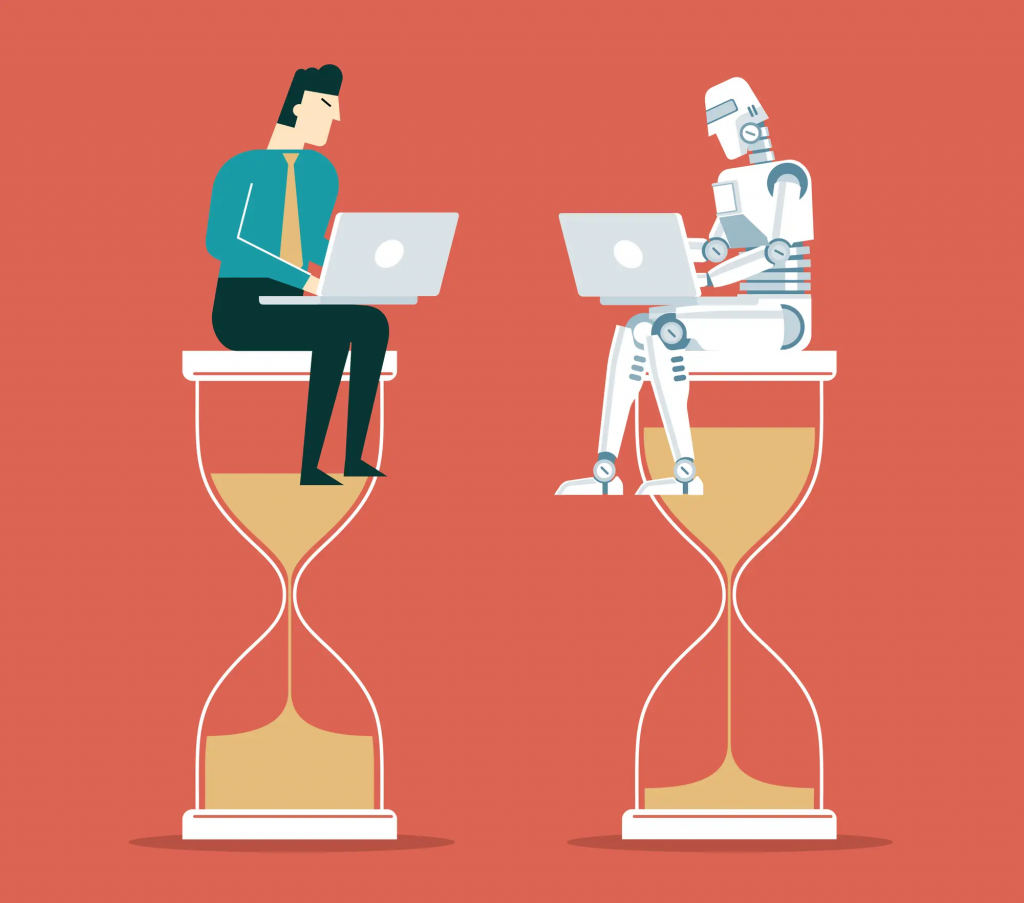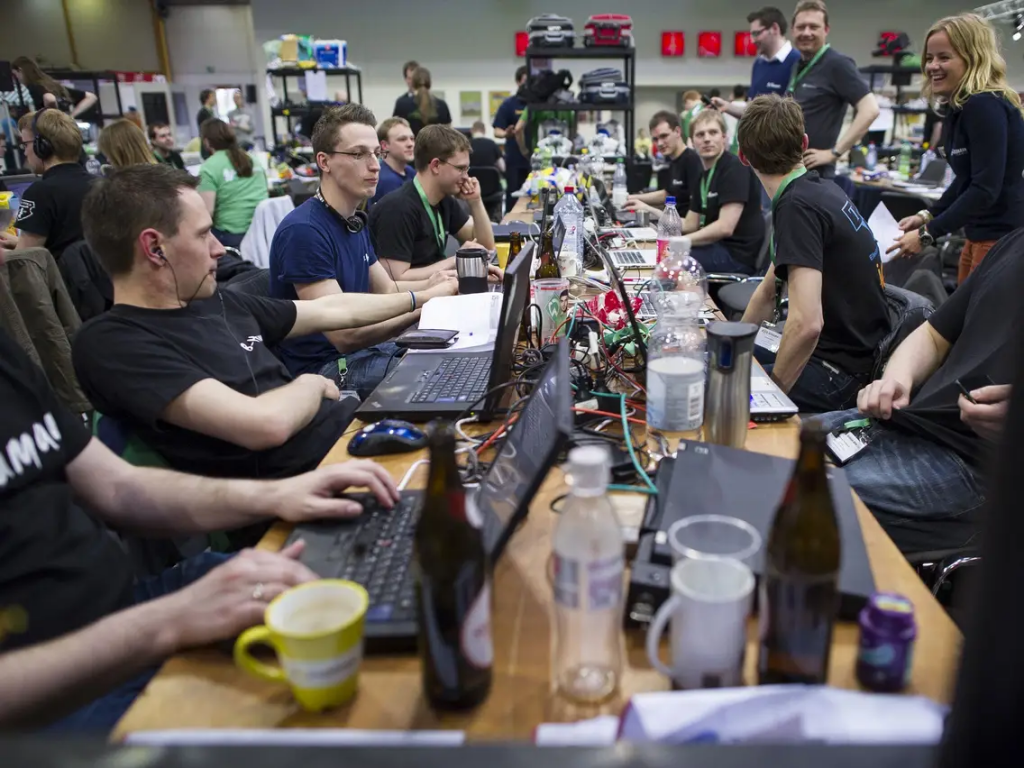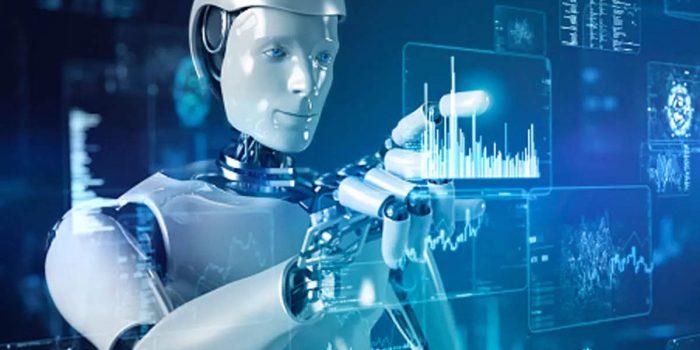The rise of Artificial Intelligence (AI) has brought about both opportunities and concerns. One of the biggest concerns is the potential for AI to automate jobs, which has led to apprehension among employees in various industries.
Recently, generative AI, a type of AI that can produce text and other content in response to user prompts, has gained popularity, with companies using chatbots like OpenAI’s ChatGPT to take on content-producing roles.

Some companies have already employed the chatbot for content production. However, a recent report from Goldman Sachs has found that technology could significantly disrupt the labor market, affecting around 300 million full-time jobs or 18% of work.
A study from OpenAI and the University of Pennsylvania has also found that ChatGPT could impact around 80% of jobs in the US, with white-collar jobs being among the worst affected.
Although the studies predict that AI technology could also improve labor productivity and create jobs, some industries are likely to be more affected than others. The legal industry has been identified as one of the most exposed to automation.

Multiple studies have cited legal as the industry most influenced by AI technology like ChatGPT. This is because the industry is made up of a relatively small number of occupations already exposed to automation, such as legal assistants. In addition, education was one of the first areas to experience the effects of ChatGPT, and institutions, especially those in higher education, are grappling with the consequences of technology.
According to research from Princeton University, postsecondary teachers are among the workers highly exposed to large language models. Professors across various subjects make up eight of the top 10 affected occupations, while junior colleges are ranked the 17th most likely sector to be influenced. Administrative roles also have high exposure to automation. In contrast, sectors with an increased number of blue-collar roles, such as construction, have relatively low exposure to automation.

Financial quantitative analysts were identified in a study led by OpenAI and the University of Pennsylvania as one of the occupations highly exposed to advanced AI technology. In addition, chatbots like ChatGPT are proficient at writing code, which can analyze numbers and produce code at a faster rate than humans. As such, software publishers and computing and mathematical tasks are also likely to be affected by AI.
Trade workers, however, are projected to be relatively untouched by technology, as trade work requires practical, hands-on experience and specialized training involving manual labor.


